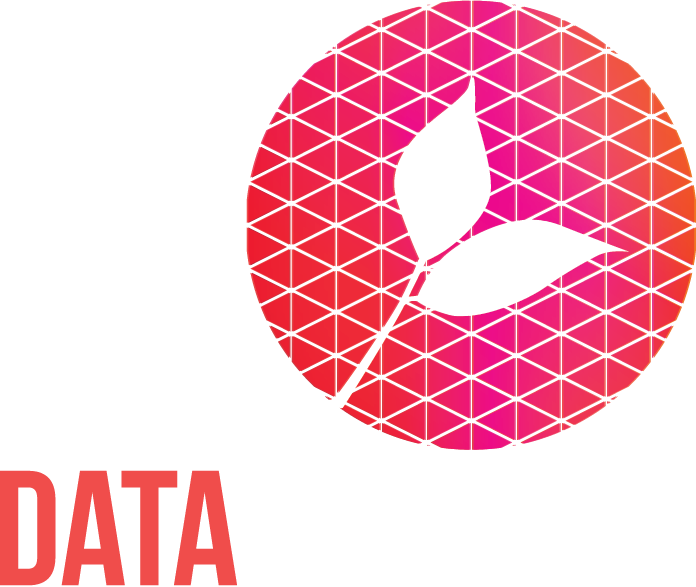Housing providers should benchmark their knowledge and information management says Ombudsman
Ben Proctor, Innovation Director
Libby Harkins, Business and Sales Analyst
How well is data managed in the social housing sector?
The Housing Ombudsman (for England) issued a spotlight report in May this year, in which they described ‘knowledge and information management’ as the ‘closest thing to a silver bullet’ for social housing.
According to the Ombudsman ‘knowledge and information management’ encompasses how data is created, stored, used, and shared. The report, On the record: Spotlight on Knowledge and Information Management, is based on a review of cases investigated by the Housing Ombudsman. It also takes into account a call for evidence, original research by the LSE, a residents’ panel session, and a review of judgements by the Regulator of Social Housing.
The Ombudsman found that where the social housing sector struggled to manage knowledge and information well, this was having a big impact on the residents the sector supports.
The sector’s problems with knowledge and information have led to unacceptable delays for residents, missed appointments, vulnerabilities being missed and residents experiencing financial detriment.
Examples include ‘investigations where a landlord’s lack of adequate systems to record contact with residents led to the landlord being unable to respond to a leak for eight years, another resident who lost 14 days annual leave due to missed appointments and a landlord’s failure to use its records to identify that a disabled resident had not had appropriate adaptations made to her bathroom’.
In total the report lays out 21 recommendations for all housing providers. Their top three recommendations are that they should:
define the oversight role of governance for knowledge and information management
implement a knowledge and information management strategy
benchmark against other organisations’ good practice in knowledge and information management.
Benchmarking data maturity in the social housing sector
What the Ombudsman calls ‘knowledge and information’ we call simply ‘data’. We already hold data that will help housing organisations benchmark themselves against the sector so I thought it would be interesting to see what that data says.
I enlisted the help of my colleague Libby Harkins, who is the expert when it comes to extracting and analysing data from the hundreds of validated organisations that have used our Data Maturity Assessment Tool. This measures how organisations are doing across seven key themes.
It combines responses from members of staff to generate an organisation score that maps to one of five stages within our Data Maturity Framework: Unaware, Emerging, Learning, Developing and Mastering.
At the time of writing, 24 validated housing organisations have undertaken Data Maturity Assessments using our well-established tool. The majority of these were UK-based but we have also included data from four Canadian organisations and one USA-based organisation.
On average, housing organisations that we have data for mainly score themselves within the Learning stage.
There are housing organisations represented in the Emerging, Learning and Developing stages, but none in the Unaware stage. However, there are also none in the Mastering stage, which suggests that there is indeed room for improvement (though it's not very different to our findings for the nonprofit sector overall).
Data maturity is associated with greater impact
Our data also supports the Ombudsman's central assertion that improved knowledge and information management improves services and outcomes. Organisations that have higher levels of data maturity really do see greater benefits from data and analytics than organisations that have lower levels of data maturity.
For example, no housing organisations in the Learning stage say that data and analytics influences the design and delivery of services even moderately. However, over half of housing organisations in the Developing stage say that they feel this impact Extensively or Moderately.
This is in line with our findings across the wider nonprofit sector.
Even for housing organisations at the Developing stage there is room for improvement. No organisations are seeing extensive influence of data and analytics on targeting of services / interventions to clients and only a third are seeing moderate influence.
Baselining and benchmarking: help is available
Once housing organisations recognise there are benefits from investment in data, what should they do next? We have lots of help available for organisations wanting to make use of what the Ombudsman calls the "silver bullet" of data.
A good first step for housing providers wanting to know where they are in terms of data maturity is to make use of our Data Maturity Assessment Tool.
Taking a data maturity assessment is a great way of clearly identifying your organisation’s strengths and weaknesses when it comes to data, allowing for internal as well as external benchmarking. Taking your staff through an assessment process is also a great way of educating staff about data and motivating them to get behind a data strategy.
‘Recommendation 3: Benchmark against other organisations’ good practice in knowledge and information management. This should underpin a continuous improvement approach to service delivery.’
Housing Ombudsman, On the record: Spotlight on Knowledge and Information Management
Your final report will allow you to compare levels of data maturity between teams and departments internally, and you’ll see how well you are doing overall in comparison with other organisations in the sector. It also gives you a baseline score against which you can measure the success of any changes you make as you implement a strategy and begin your journey to improving data maturity. Many of the organisations we work with repeat their assessment in order to track their progress.
Take a look at some of our resources on this, including guidance on developing a data strategy, and detailed case studies of how other organisations have approached their journey to better data maturity. We can also provide consultancy to help you develop your own data strategy.






